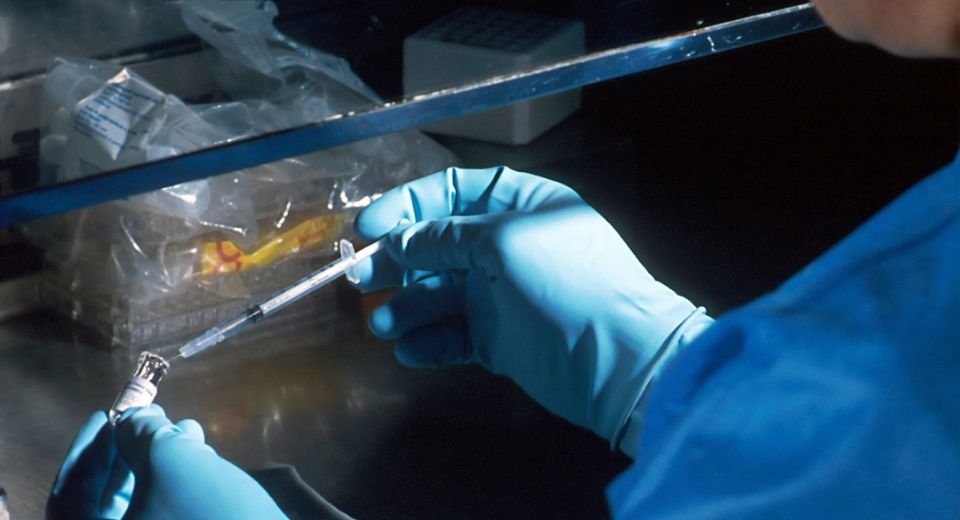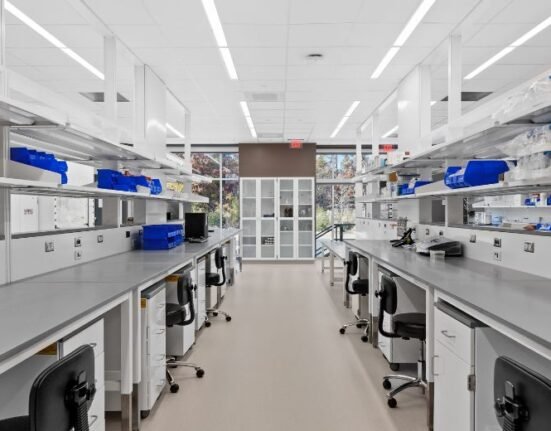HQ Team
August 7, 2023: Anixa Biosciences, Inc., announced that its partner Cleveland Clinic has begun enrolling subjects in a treatment arm to evaluate the combination of the company’s breast cancer vaccine with Merck’s Keytruda (pembrolizumab) immunotherapy.
As an expansion of the ongoing phase I dose escalation trial of Anixa’s breast cancer vaccine, this treatment arm aims to determine if the vaccine-Keytruda combination increases immune response, according to a company statement.
Anixa’s breast cancer vaccine is designed to generate T cells that target triple-negative breast cancer.
Keytruda, a therapy marketed by Merck is approved for use with chemotherapy before surgery and alone after surgery to treat both high-risk early-stage and advanced breast cancer.
Early-stage trial
Anixa’s breast cancer vaccine phase 1a trial is designed to evaluate the safety of the vaccine, identify the maximum tolerated dose, and monitor the immune response in vaccinated women.
All participants in the Phase 1a study are women who have had triple-negative breast cancer within the last three years and have been curatively treated having undergone standard of care.
At the time of vaccination, these participants are tumor-free, as determined by standard diagnostic techniques, but are at high risk of recurrence.
Anixa’s breast cancer vaccine takes advantage of endogenously produced proteins that have a function at certain times in life, but then become “retired” and disappear from the body.
Lactation protein
Activating the immune system against this “retired” protein provides preemptive immune protection against emerging breast tumors that express α-lactalbumin — breast-specific lactation protein.
The vaccine also contains an adjuvant that activates an innate immune response, which allows the immune system to mount a response against emerging tumors to prevent them from growing.
One in eight women in the U.S. will be diagnosed with invasive breast cancer at some point in their lives, according to the Anixa statement.
About 10-15% of those diagnoses are triple-negative breast cancer. This variant of breast cancer accounts for a disproportionately higher percentage of deaths and has a higher recurrence rate.
African-American women
It is twice as likely to occur in African-American women, and approximately 70%-80% of the breast tumors that occur in women with mutations in the BRCA1 genes are triple-negative breast cancer.
Anixa’s vaccine technology was invented by the late Dr Vincent Tuohy, who was the Mort and Iris November Distinguished Chair in Innovative Breast Cancer Research in the Department of Inflammation and Immunity at Cleveland Clinic’s Lerner Research Institute.
Cleveland Clinic exclusively licensed the technology to Anixa Biosciences. Dr. Tuohy was entitled to a portion of the commercialization revenues received by Cleveland Clinic and also held equity in Anixa.
“We believe that the addition of Keytruda could have a synergistic effect,” Dr. Amit Kumar, Chairman and CEO of Anixa. “If a vaccine induces the creation of T cells targeting triple-negative breast cancer, and Keytruda generally maintains T cell activity, the combination could be very potent.”
The data on the trials are slated to be presented in December.








